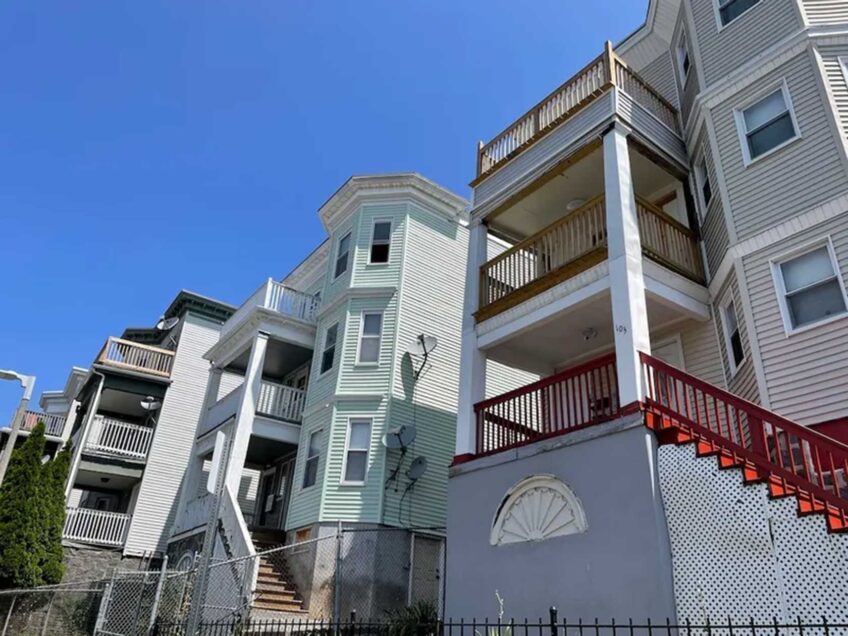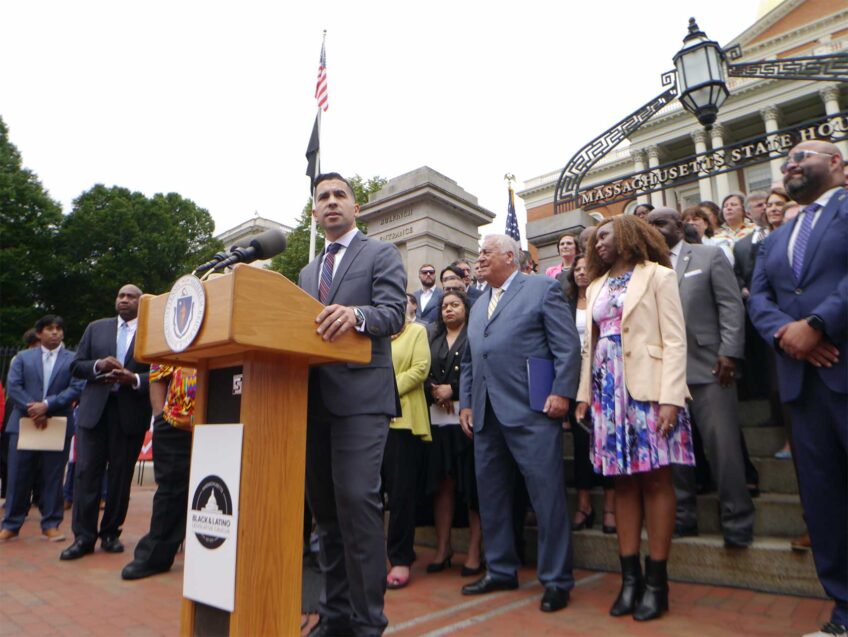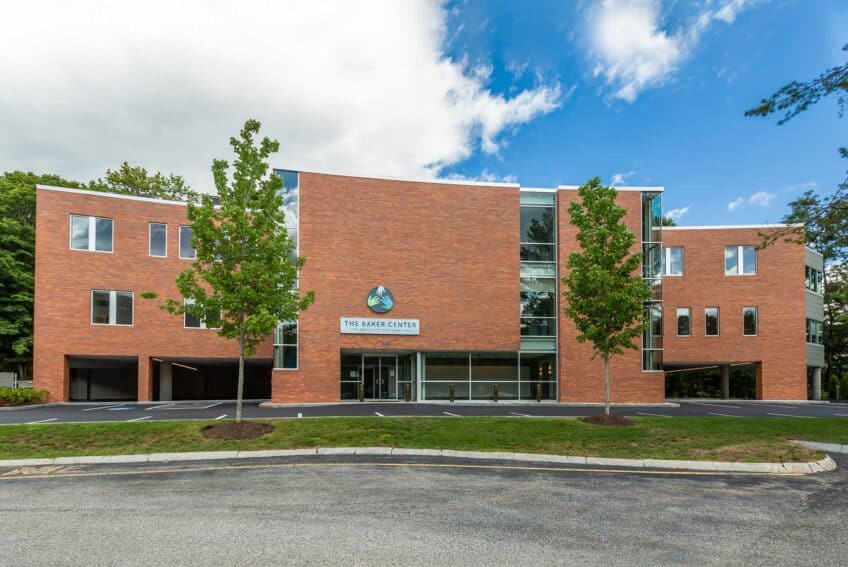Fred L. Hord felt isolated and frustrated in his first year as director of a black culture center at West Virginia University because of the lack of networking among his peers in the state and region.
So at a meeting of the American Council of Education, a higher education lobby based in Washington, D.C., Hord proposed creating a national network of black culture centers. Fellow directors embraced the idea enthusiastically. Thus was born the Association for Black Culture Centers in 1987.
About 50 individuals representing two dozen schools attended its first conference at Knox College in Illinois, where Hord had relocated to run that school’s black culture center.
From that modest beginning, ABCC, as it is known, has grown to attract 200 to 550 participants to its annual conferences. Northeastern University, a member of the association hosted the third conference, in 1993.
The criteria for membership were broad enough to include colleges in the Caribbean and West Africa, as well as American museums and community centers. Despite the “black” in its name, ABCC has long included multi-cultural campus centers.
That expansion was made explicit this summer, when ABCC’s website began to note that the organization “includes African American, Latino, Native American, & Asian Centers.”
There are no plans to change the name, though, said Hord, ABCC’s executive director.
“I think we should be able to integrate through the black experience, just like we’ve been integrating through other people’s experience,” said Hord, also director of Africana Studies at Knox. “I think we ought to increasingly connect with Latinos, Native Americans, Asians, and we need to increase involvement with progressive whites.”
The shift towards greater multiculturalism follows a trend towards redefining black culture centers as multicultural on some campuses. Already, Hord said, just a slim majority of about 100 members — 55 percent to 60 percent — are strictly black centers.
Hord estimated there are about 140 black centers and 100 multicultural ones on college campuses around the country.
Black cultural centers began after black student protests in the late 1960s. The first was created at Rutgers University in 1967, followed by others at Knox College and the University of Iowa in 1968.
“Initially, they started off, in many cases, as safe houses,” where black students could gather and feel comfortable on traditionally white campuses, said Rodney T. Cohen, current president of ABCC. “But also, parallel with that, students wanted this to spark a broader conversation around introducing the investigation of the Afro-American (experience) into the academics and intellectual conversation of the academy.”
Cohen, director of the Afro-American Cultural Center and an assistant dean at Yale University, said ABCC is moving to beef up the educational mission of black culture centers so they do not become just “quasi-student centers, places where you eat pizza and play spades and dominoes.”
“In terms of the preservation and legitimization of these centers, one of the things I’m pushing is that they become repositories of the African American experience at the institution where they are housed,” Cohen explained.
Yale’s center is working with the archivist of the campus library to preserve artifacts, pictures and memorabilia, and provide electronic access to those materials. He also advocates developing a curriculum or presentation on the history of African Americans on each campus.
“It provides you a place in history at the institution. It also lets you know that you’re not a visitor at the institution,” Cohen said. “And you educate all people on the African American experience in majority institutions.”
In 2008, ABCC issued accreditation standards for culture centers, Hord said. None have yet received accreditation, he said, but Ohio State University and Purdue University are the furthest along in the process.
“We are trying to make the case we are the authority on culture centers,” Hord explained.
Cohen and Hord said ABCC has begun networking with seven other national higher education organizations involved with academics or services.
Those groups include the American Association of Blacks in Higher Education, Association for the Study of African American Life and History, and John D. O’Bryant National Think Tank, which is based at Northeastern. Richard O’Bryant, John’s son and director of the John D. O’Bryant African-American Institute at Northeastern, is ABCC’s coordinator for Massachusetts.
Cohen said ABCC is exploring such collaborations as dual membership, sharing resources and writing for each other’s journals, possibly leading to a consortium. ABCC is also reaching out to historically black colleges.
Almost three decades after ABCC’s founding, the networking continues.






